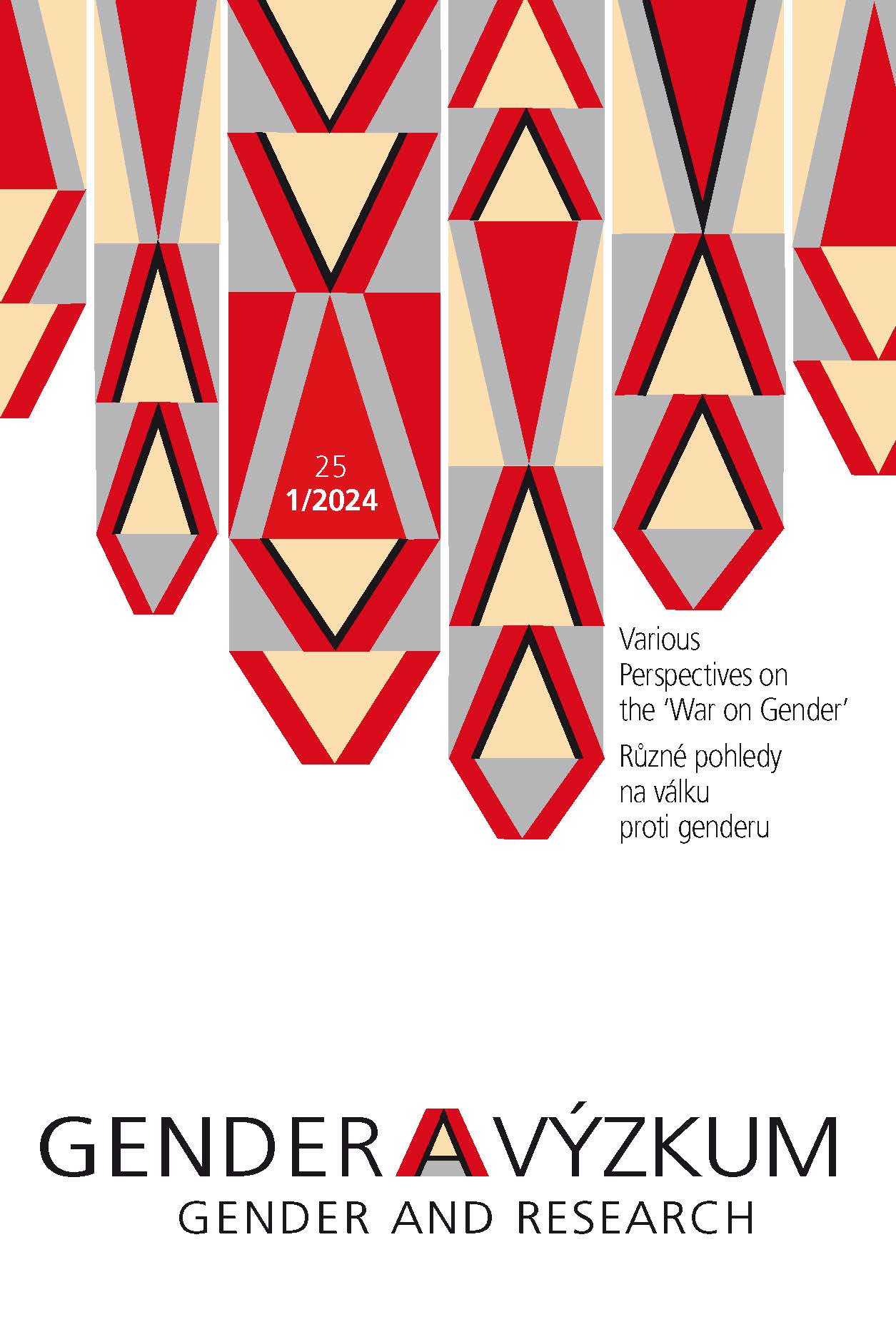Choosing the Lesser Evil: The Anti-Gender Movement in Kazakhstan in the Context of Coloniality
Choosing the Lesser Evil: The Anti-Gender Movement in Kazakhstan in the Context of Coloniality
Author(s): Altynay KambekovaSubject(s): Gender Studies, Political Philosophy, Political Theory, Cultural Anthropology / Ethnology, Cold-War History, Post-Communist Transformation, Social Norms / Social Control
Published by: AV ČR - Akademie věd České republiky - Sociologický ústav
Keywords: anti-gender movement; Kazakhstan; sexual politics;
Summary/Abstract: When it comes to the topic of antigenderism, most scholarly and international advocacy works concentrate on the (East) European context, leaving the countries of the so-called ‘third world’ invisible. However, if we look beyond the idea that anti-gender movements are intrinsic only to countries that are moving away from modernity, we can see that the phenomenon also exists in other geographical contexts. In this regard, Kazakhstan presents an interesting case. Over the course of the last few years, there has been a rise in state-sponsored anti-gender activities backed by citizen movements that are advocating against ‘gender ideology’. Looking at this from a decolonial perspective, the anti-gender movement in Kazakhstan is a peculiar case, as, on the one hand, the traditionalist discourse relies on essentialist notions of identity, especially in relation to restoring ‘true Kazakhness’ from pre-Soviet times, while, on the other hand, when it comes to the attacks on feminism and human rights, it is possible to observe a shift in discourse towards the ideas of Western ideological imperialism. This echoes the rhetoric that has been deployed by the Russian anti-gender movement, and this discourse sometimes even uses the same messages and sources. This paper analyses how the anti-gender movement in Kazakhstan navigates between resistance to the Russian and Soviet colonial past and present-day Western coloniality and (re)defines traditions in this context.
Journal: Gender a výzkum
- Issue Year: 25/2024
- Issue No: 1
- Page Range: 56-79
- Page Count: 24
- Language: English

